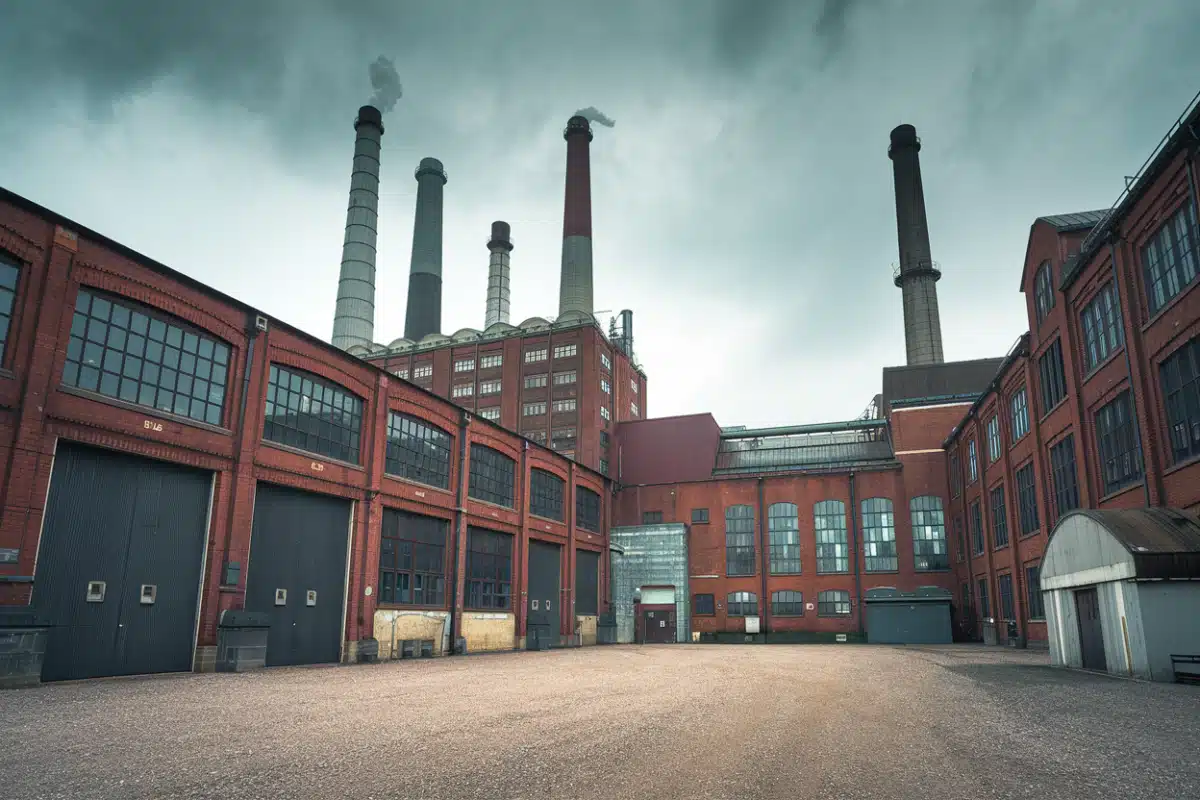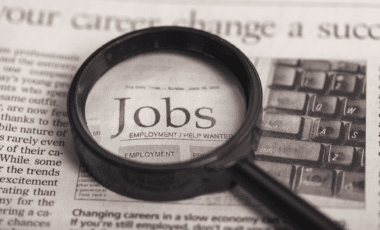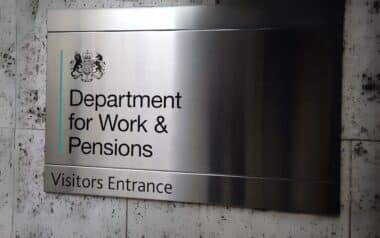Manufacturers face a difficult environment as the Labour government makes its way through its first few months in office, one that is characterised by increased expenses, fewer employees, and a decline in confidence.
Labour : Manufacturing Sector Faces Sharp Contraction
According to the most recent Purchasing Managers’ Index (PMI) data, manufacturing production saw its worst performance in almost a year in December, dropping from 48 in November to 47 in December. The sector’s inability to sustain pace is shown by a PMI score below 50, which indicates contraction.
Rob Dobson, director at S&P Global Market Intelligence, attributed the slowdown to a combination of policy decisions and broader economic headwinds. “Business sentiment is now at its lowest for two years, as the new government’s rhetoric and announced policy changes dampen confidence and raise costs at UK factories and their clients alike,” Dobson explained.
Small- and medium-sized enterprises (SMEs) have been particularly affected. Many are reorganising their businesses in preparation for impending financial strains, such as the anticipated hike in the national living wage and employer National Insurance Contributions (NICs) by the Labour government. Some businesses have reduced worker levels in response to these changes, which are scheduled to go into effect in April. These reductions are currently occurring at the quickest rate since February.
Tax Policies and Economic Uncertainties Exacerbate Challenges
The Labour government, which assumed power in July, has proposed measures to fund public services through tax increases. The NICs hike, estimated to generate £25 billion by the end of the parliamentary term, coincides with a nearly 7% rise in the minimum wage for workers aged 21 and over. While aimed at bolstering public services and living standards, these policies have drawn criticism from business groups.
The Confederation of British Industry (CBI) warned that the combination of increased wage costs and tax responsibilities could hinder the economic recovery. According to the CBI, the economy is at risk of experiencing the worst of both worlds: a decline in activity and an increase in costs.
The challenges facing the manufacturing sector are made worse by broader economic concerns, such as high interest rates meant to curb inflation and ongoing unpredictability over global events, such as the potential economic fallout from Donald Trump’s reelection in the US.
According to economic data from the Office for National Statistics (ONS), the UK’s GDP stalled in the second half of 2024. This sparked worries about a possible descent into stagflation, a state in which prices increase but growth is weak. The Bank of England is keeping a careful eye on the effects of these monetary and fiscal policies, having lowered interest rates to 4.75% in November.
Prime Minister Keir Starmer has reassured the people that the government’s economic policy will produce observable gains as Labour turns its attention to raising living standards. But the present picture points to serious difficulties for the manufacturing industry and the overall economy in the future.









